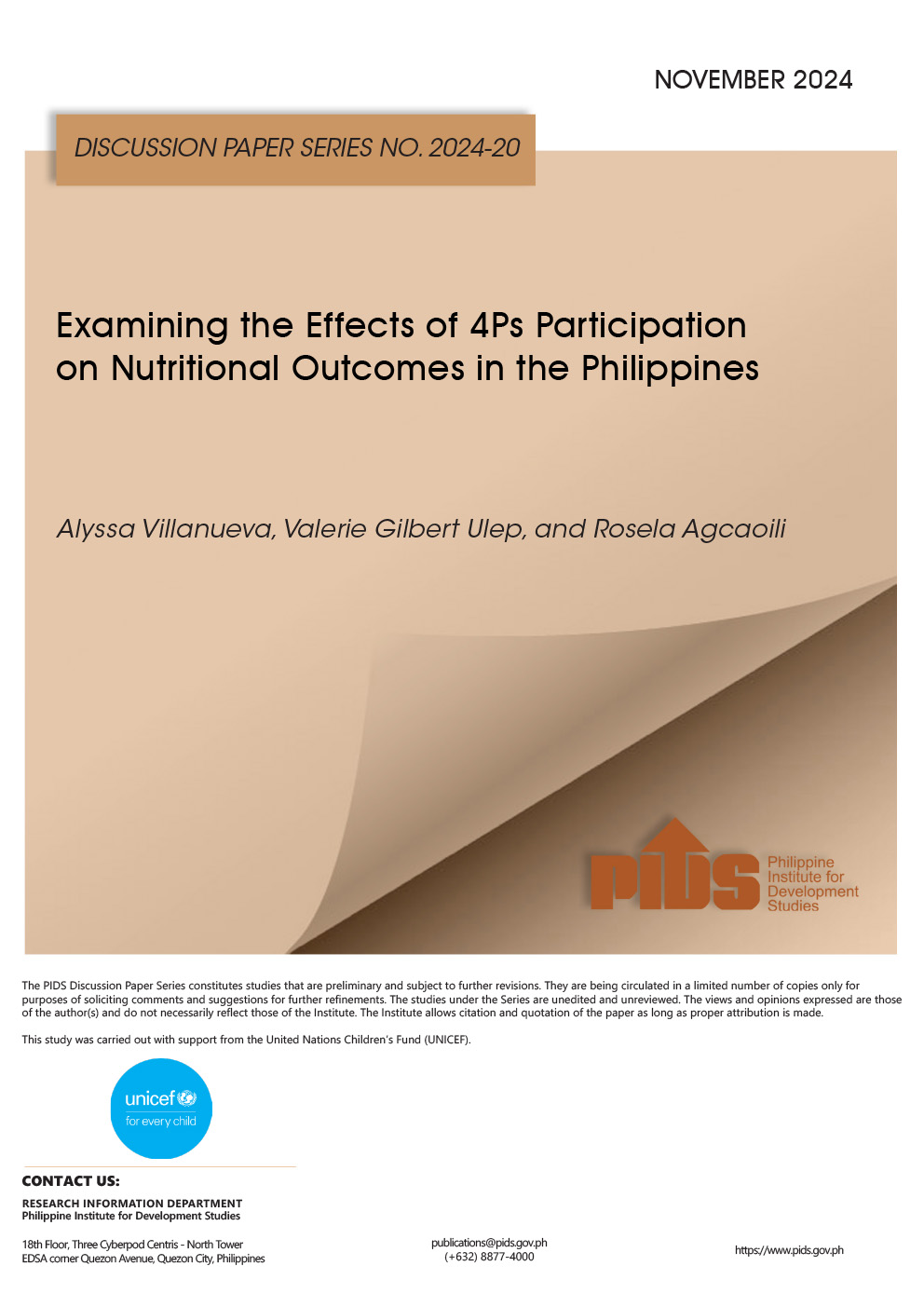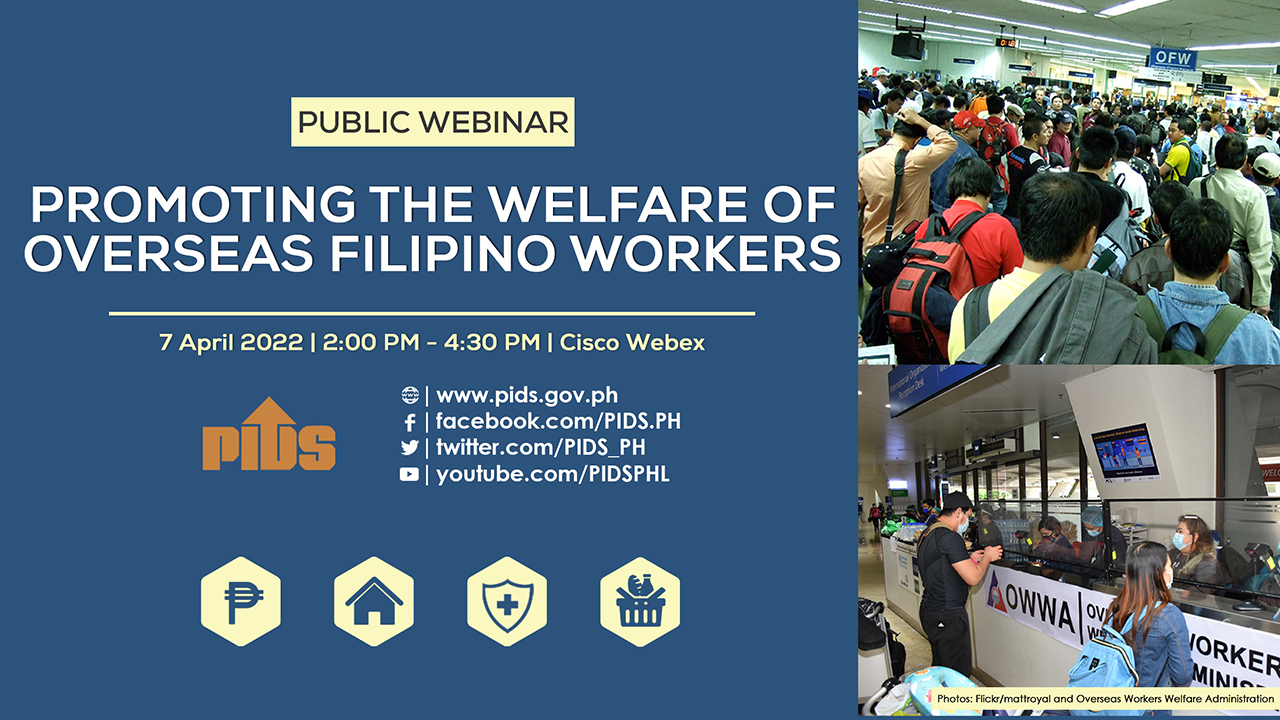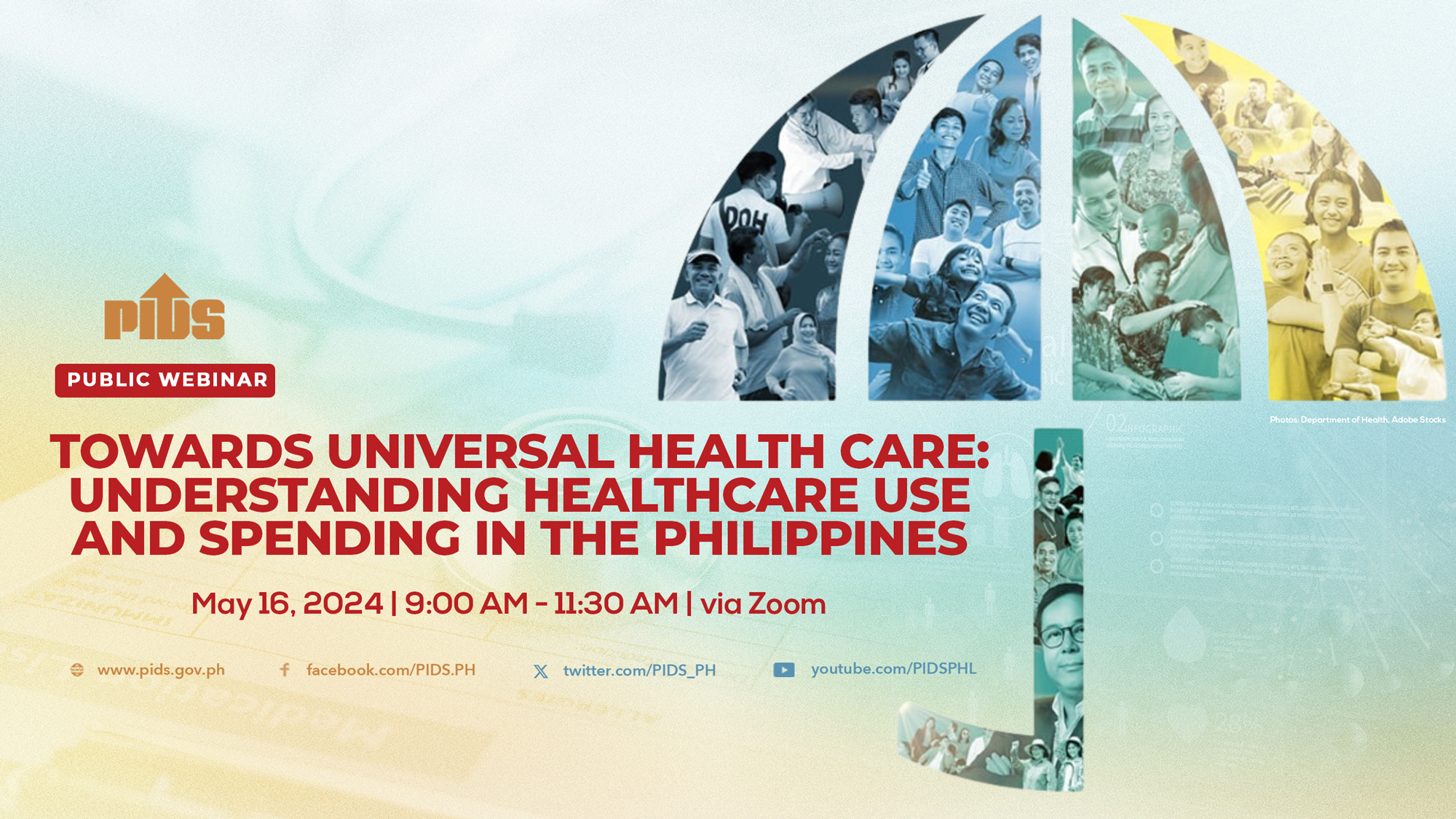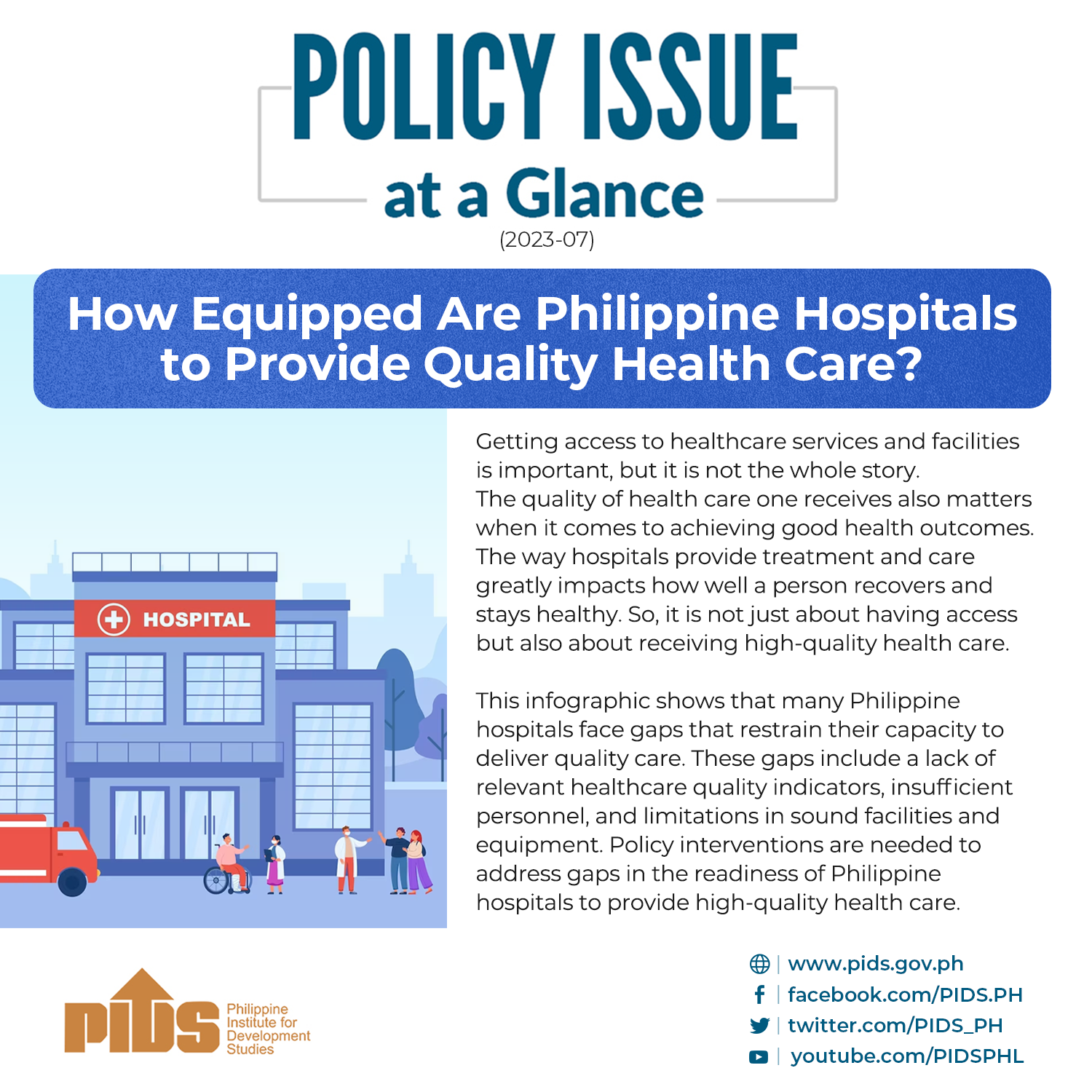COVID-19 is still very much around. But here comes dengue. And the threat of monkeypox. If worse comes to worst, do we have enough healthcare workers? Where are they?
Healthcare professionals are more likely to work in areas where earnings are potentially high and near communities where they were trained, a study of state think tank Philippine Institute for Development Studies showed.
According to the study (“Who Are the Health Workers and Where Are They? Revealed Preferences in Location Decision among Health Care Professionals in the Philippines”), the supply of healthcare workers such as nurses, physicians, and midwives are highly uneven in terms of their geographic distribution in the country.
Based on disaggregated data on health human resource (HHR) density, less than 25 percent of cities and municipalities have HHR density above the 41 physicians, nurses and midwives per 10,000 population recommended by the World Health Organization in 2016. This leaves as much as three-quarters of cities and municipalities in the country with potentially insufficient number of HHRs to provide healthcare services.
The study also found that healthcare professionals are more likely to work in cities and municipalities that have greater access to amenities like hospitals and clinics. However, they are less likely to work in areas with high levels of ethnic concentration.
The continuing maldistribution of healthcare workers can aggravate the country’s problem on limited access to healthcare services. To address this, the study bared some policy considerations in designing programs that attract and retain healthcare workers, especially in underserved areas.
One is to boost household incomes through local economic development, which is “essential in ensuring the economic viability of any professional practice, particularly in health care”.
The role of the private sector should also be strengthened in providing healthcare services to the people. Supporting private healthcare practices through the country’s social health insurance system or a similar voucher scheme may provide greater incentives for healthcare workers to practice in underserved areas,
The study also proposed for the reassessment of common- and deep-rooted beliefs on healthcare professional practice. However, it pointed out that “although altruistic motives among healthcare practitioners to serve in rural areas may be important in recruiting HHR for rural practice, it may not necessarily be the most sustainable.”
May the Health department address this concern before it gets worse.












